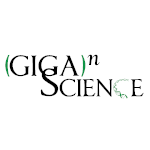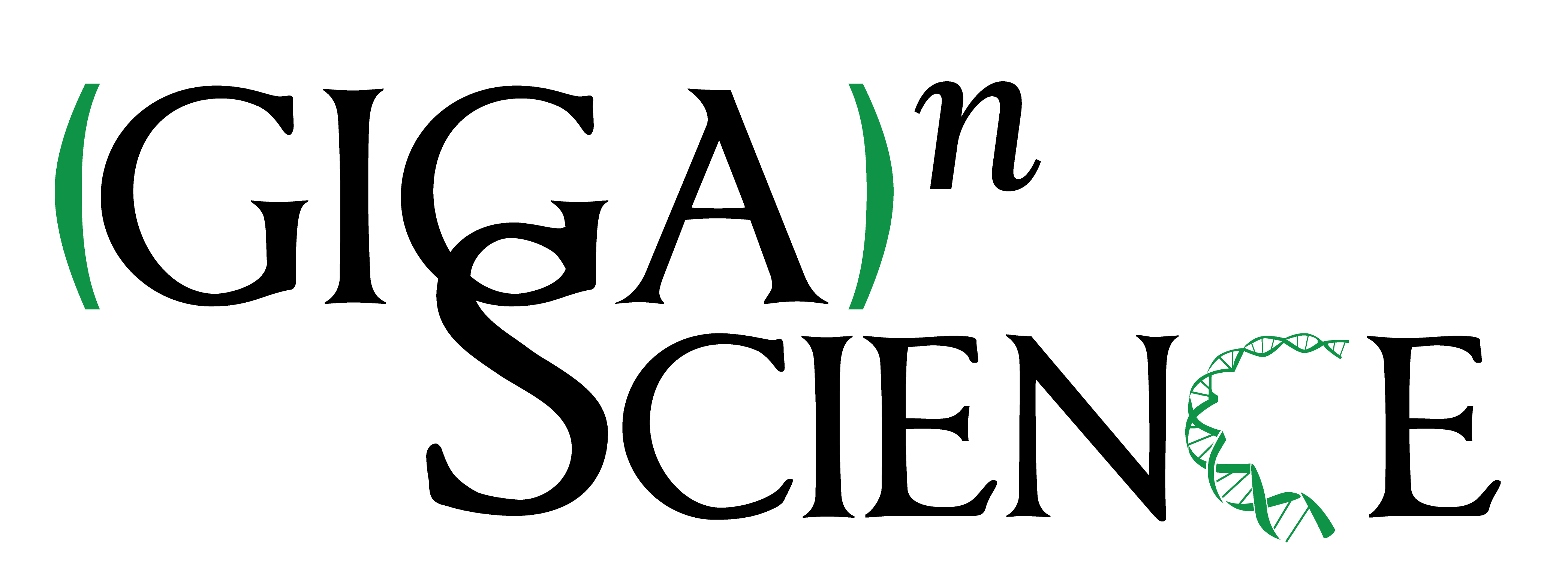ASaiM: a Galaxy-based framework to analyze raw shotgun data from microbiota
This article has been Reviewed by the following groups
Discuss this preprint
Start a discussion What are Sciety discussions?Listed in
- Evaluated articles (GigaScience)
Abstract
Background
New generation of sequencing platforms coupled to numerous bioinformatics tools has led to rapid technological progress in metagenomics and metatranscriptomics to investigate complex microorganism communities. Nevertheless, a combination of different bioinformatic tools remains necessary to draw conclusions out of microbiota studies. Modular and user-friendly tools would greatly improve such studies.
Findings
We therefore developed ASaiM, an Open-Source Galaxy-based framework dedicated to microbiota data analyses. ASaiM provides a curated collection of tools to explore and visualize taxonomic and functional information from raw amplicon, metagenomic or metatranscriptomic sequences. To guide different analyses, several customizable workflows are included. All workflows are supported by tutorials and Galaxy interactive tours to guide the users through the analyses step by step. ASaiM is implemented as Galaxy Docker flavour. It is scalable to many thousand datasets, but also can be used a normal PC. The associated source code is available under Apache 2 license at https://github.com/ASaiM/framework and documentation can be found online ( http://asaim.readthedocs.io/ )
Conclusions
Based on the Galaxy framework, ASaiM offers sophisticated analyses to scientists without command-line knowledge. ASaiM provides a powerful framework to easily and quickly explore microbiota data in a reproducible and transparent environment.
Article activity feed
-

Now published in GigaScience doi: 10.1093/gigascience/giy057
Bérénice Batut 1Bioinformatics Group, Department of Computer Science, University of Freiburg, GermanyFind this author on Google ScholarFind this author on PubMedSearch for this author on this siteORCID record for Bérénice BatutFor correspondence: berenice.batut@gmail.com pierre.peyret@uca.frKévin Gravouil 2Université Clermont Auvergne, INRA, MEDIS, F-63000 Clermont-Ferrand, France3Université Clermont Auvergne, CNRS, LMGE, F-63000 Clermont-Ferrand, France4Université Clermont Auvergne, CNRS, LIMOS, F-63000 Clermont-Ferrand, FranceFind this author on Google ScholarFind this author on PubMedSearch for this author on this siteORCID record for Kévin GravouilClémence Defois 2Université Clermont Auvergne, INRA, MEDIS, F-63000 Clermont-Ferrand, FranceFind this author on Google …
Now published in GigaScience doi: 10.1093/gigascience/giy057
Bérénice Batut 1Bioinformatics Group, Department of Computer Science, University of Freiburg, GermanyFind this author on Google ScholarFind this author on PubMedSearch for this author on this siteORCID record for Bérénice BatutFor correspondence: berenice.batut@gmail.com pierre.peyret@uca.frKévin Gravouil 2Université Clermont Auvergne, INRA, MEDIS, F-63000 Clermont-Ferrand, France3Université Clermont Auvergne, CNRS, LMGE, F-63000 Clermont-Ferrand, France4Université Clermont Auvergne, CNRS, LIMOS, F-63000 Clermont-Ferrand, FranceFind this author on Google ScholarFind this author on PubMedSearch for this author on this siteORCID record for Kévin GravouilClémence Defois 2Université Clermont Auvergne, INRA, MEDIS, F-63000 Clermont-Ferrand, FranceFind this author on Google ScholarFind this author on PubMedSearch for this author on this siteSaskia Hiltemann 5Department of Bioinformatics, Erasmus University Medical Center, Rotterdam, 3015 CE, NetherlandsFind this author on Google ScholarFind this author on PubMedSearch for this author on this siteORCID record for Saskia HiltemannJean-François Brugère 2Université Clermont Auvergne, INRA, MEDIS, F-63000 Clermont-Ferrand, FranceFind this author on Google ScholarFind this author on PubMedSearch for this author on this siteEric Peyretaillade 2Université Clermont Auvergne, INRA, MEDIS, F-63000 Clermont-Ferrand, FranceFind this author on Google ScholarFind this author on PubMedSearch for this author on this sitePierre Peyret 2Université Clermont Auvergne, INRA, MEDIS, F-63000 Clermont-Ferrand, FranceFind this author on Google ScholarFind this author on PubMedSearch for this author on this siteFor correspondence: berenice.batut@gmail.com pierre.peyret@uca.fr
A version of this preprint has been published in the Open Access journal GigaScience (see paper https://doi.org/10.1093/gigascience/giy057 ), where the paper and peer reviews are published openly under a CC-BY 4.0 license.
These peer reviews were as follows:
Reviewer 1: http://dx.doi.org/10.5524/REVIEW.101163 Reviewer 2: http://dx.doi.org/10.5524/REVIEW.101164 Reviewer 3: http://dx.doi.org/10.5524/REVIEW.101165
-

